News
Site Editor
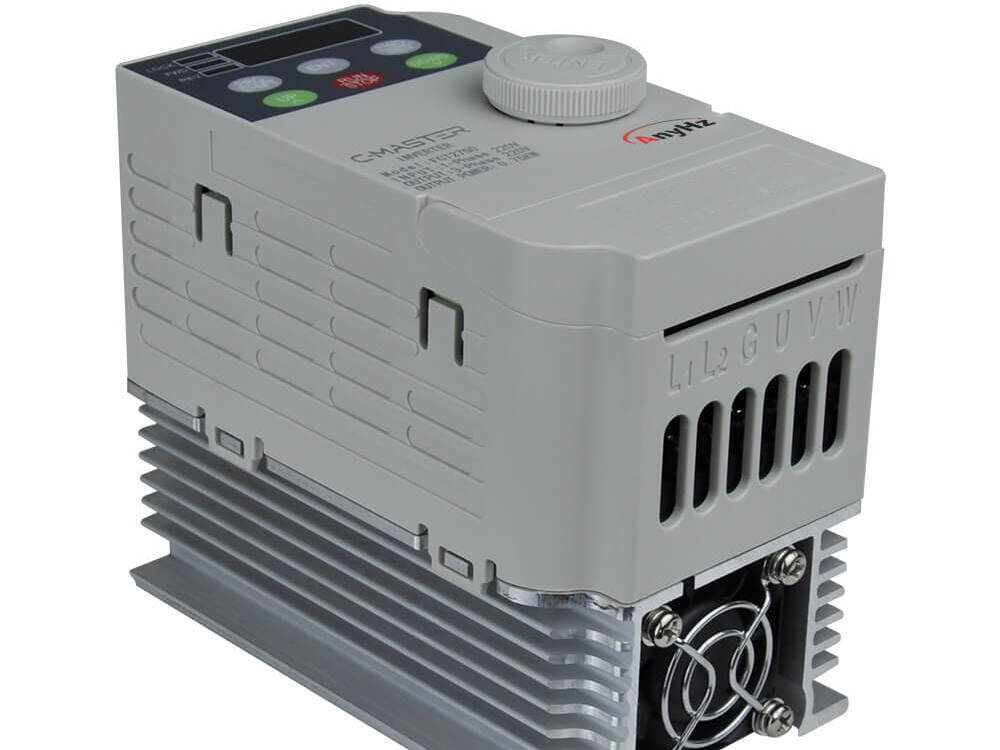 Site
https://cdn.anyhz.com/uploads/image/653decbc2fb16.png
Here are some crucial maintenance tips to help you prolong the life of your frequency converter.
Site
https://cdn.anyhz.com/uploads/image/653decbc2fb16.png
Here are some crucial maintenance tips to help you prolong the life of your frequency converter.
Maintenance Tips for Frequency Converter
Views: 2789
Author: Site Editor
Publish Time: 2024-05-20
Origin: Site
Frequency converters are essential components in many industrial applications. They regulate the speed and torque of electric motors, leading to improved efficiency, energy savings, and enhanced control of processes. However, like any piece of equipment, frequency converters require proper maintenance to ensure their longevity and optimal performance. Here are some crucial maintenance tips to help you prolong the life of your frequency converter.
1. Regular Visual Inspections
Regularly inspect your frequency converter for signs of wear, damage, or overheating. Look for discoloration, burnt marks, or physical damage on the converter and its components. Check for loose connections, which can lead to electrical faults or inefficiencies. Identifying and addressing these issues early can prevent more significant problems down the line.
2. Clean the Unit
Dust and debris can accumulate inside the frequency converter, leading to overheating and reduced efficiency. Regularly clean the unit using compressed air to remove dust from the vents, cooling fans, and internal components. Ensure the environment around the frequency converter is clean and free from contaminants. Installing the converter in a dust-free environment or using enclosures can further protect it from environmental hazards.
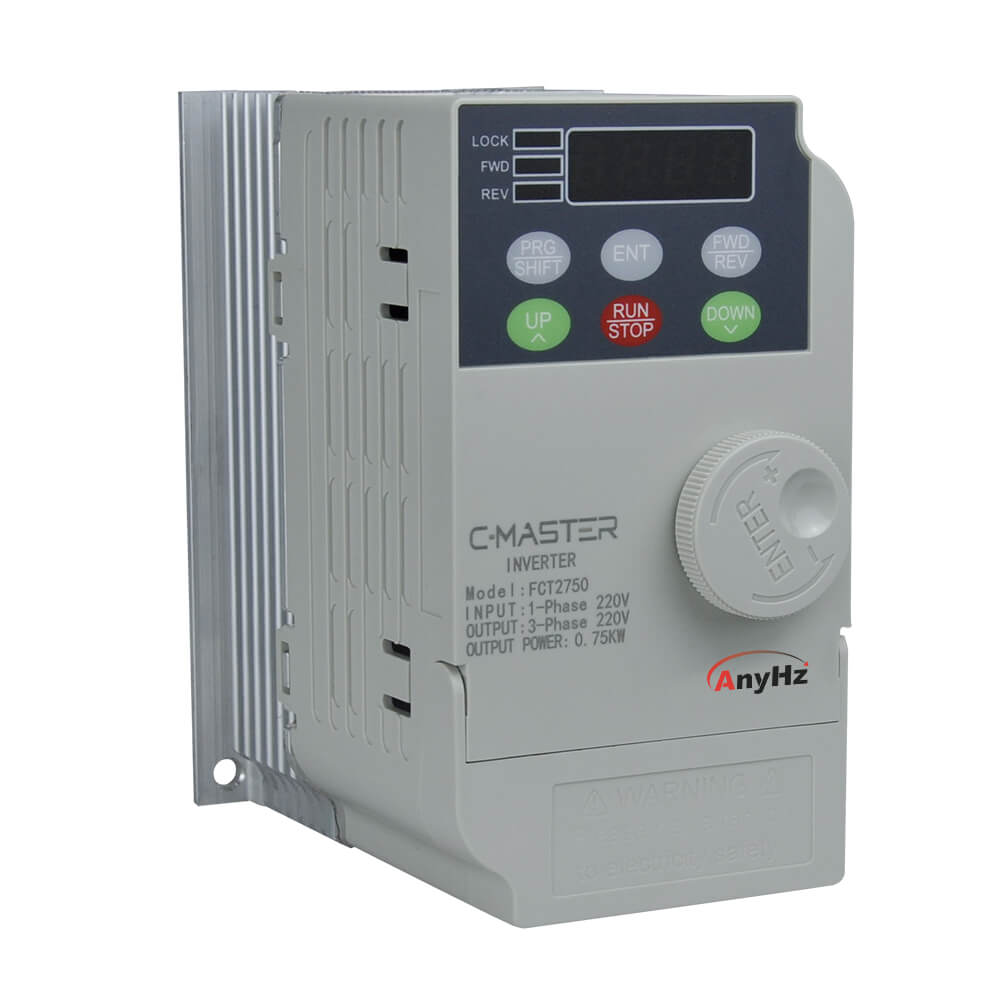
3. Monitor Operating Temperature
Frequency converters are sensitive to temperature changes. Operating them in extreme temperatures can shorten their lifespan. Ensure that the ambient temperature around the frequency converter stays within the manufacturer’s recommended range. Install adequate ventilation or air conditioning if necessary to maintain a stable operating temperature. Additionally, regularly check the cooling fans and heat sinks for proper functioning.
4. Check and Tighten Connections
Loose electrical connections can cause voltage drops, leading to inefficient performance and potential damage to the frequency converter. Periodically check and tighten all electrical connections, including power and control wiring. Ensure that the connections are secure and free from corrosion. Use appropriate torque settings as specified by the manufacturer to avoid over-tightening, which can also cause damage.
5. Update Firmware and Software
Manufacturers often release firmware and software updates to enhance the performance and reliability of frequency converters. Regularly check for updates and install them as necessary. Keeping the firmware and software up to date can improve the efficiency of the converter and provide new features and functionalities. It can also fix known bugs and vulnerabilities, contributing to the overall reliability and longevity of the device.
6. Perform Regular Function Tests
Conduct regular functional tests to ensure that the frequency converter operates correctly. Check for proper start-up and shutdown sequences, and monitor the performance during operation. Look for any unusual noises, vibrations, or error messages. Conducting these tests can help identify potential issues before they lead to significant failures.
7. Inspect and Replace Worn Components
Over time, components such as capacitors, cooling fans, and relays can wear out and lose their effectiveness. Regularly inspect these components and replace them if they show signs of wear or damage. Follow the manufacturer’s recommended replacement intervals for critical components to prevent unexpected failures.
8. Maintain Proper Grounding
Proper grounding is essential for the safe and efficient operation of frequency converters. Ensure that the converter is correctly grounded according to the manufacturer’s specifications. Improper grounding can lead to electrical noise, interference, and potential damage to the converter and other connected equipment.
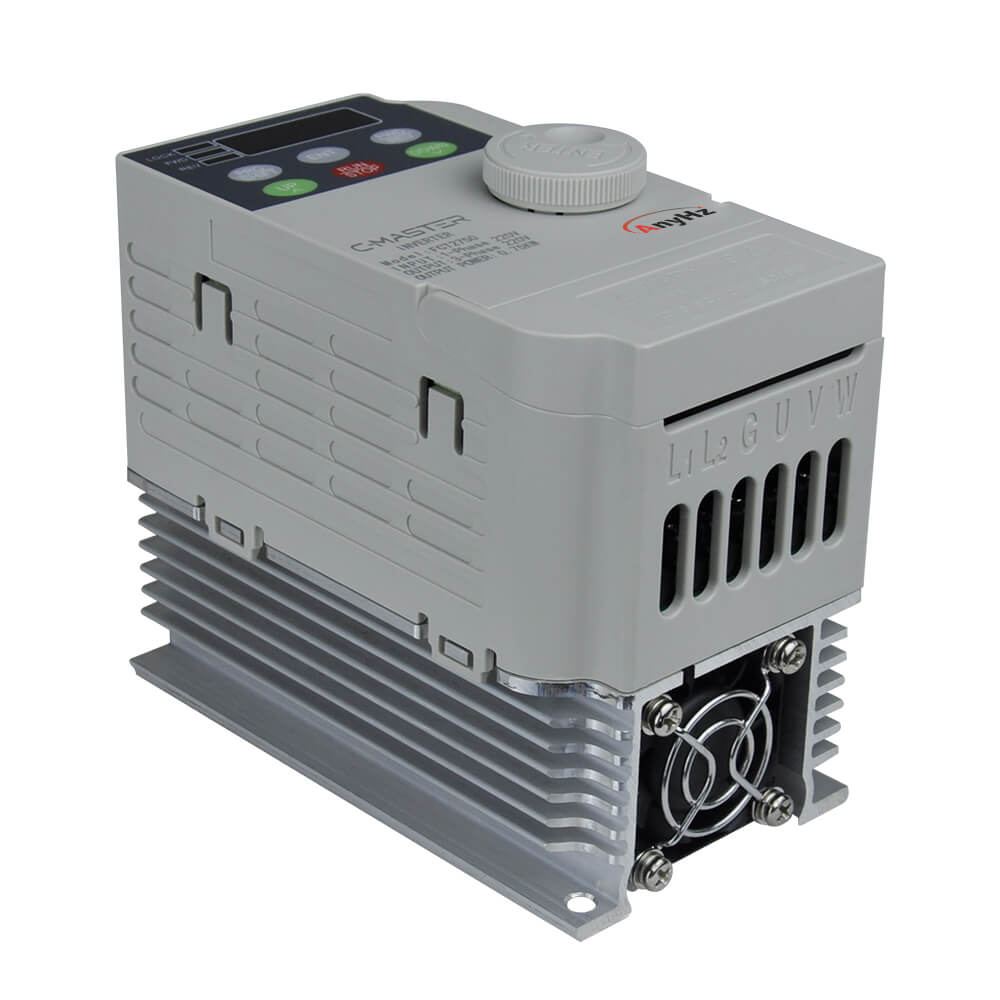
9. Record Keeping and Documentation
Maintain detailed records of all maintenance activities, including inspections, cleanings, tests, and component replacements. Documenting these activities can help track the condition and performance of the frequency converter over time. It can also provide valuable information for troubleshooting and future maintenance planning.
10. Train Personnel
Ensure that all personnel involved in the operation and maintenance of frequency converters are adequately trained. Provide them with the necessary knowledge and skills to perform maintenance tasks safely and effectively. Regular training sessions can keep the team updated on best practices and new maintenance techniques.
By following these maintenance tips, you can significantly prolong the life of your frequency converter and ensure its reliable performance. Regular maintenance not only prevents unexpected failures but also optimizes the efficiency and effectiveness of your industrial processes. Investing time and resources into proper maintenance will pay off in the long run by reducing downtime, repair costs, and extending the overall lifespan of your frequency converter.
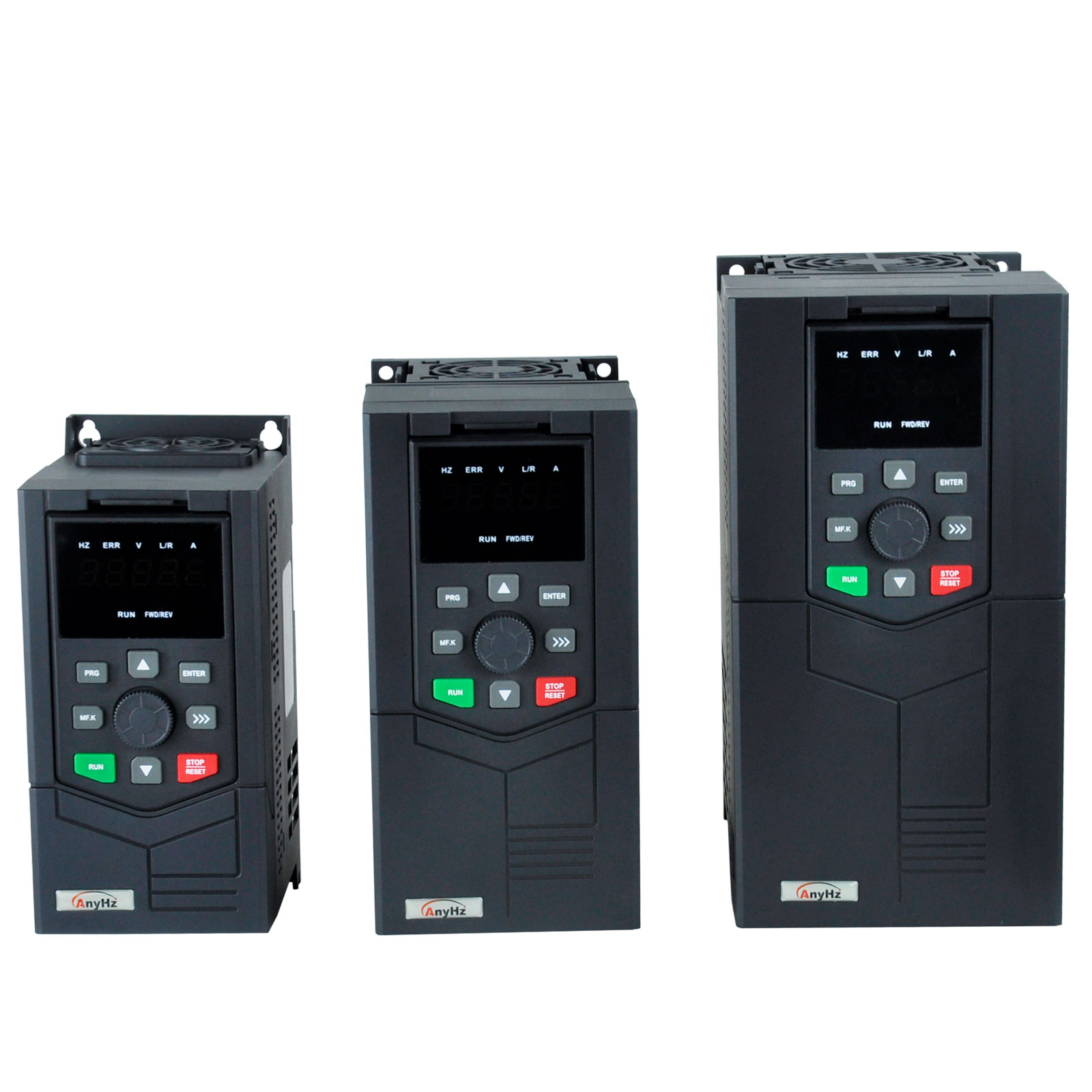
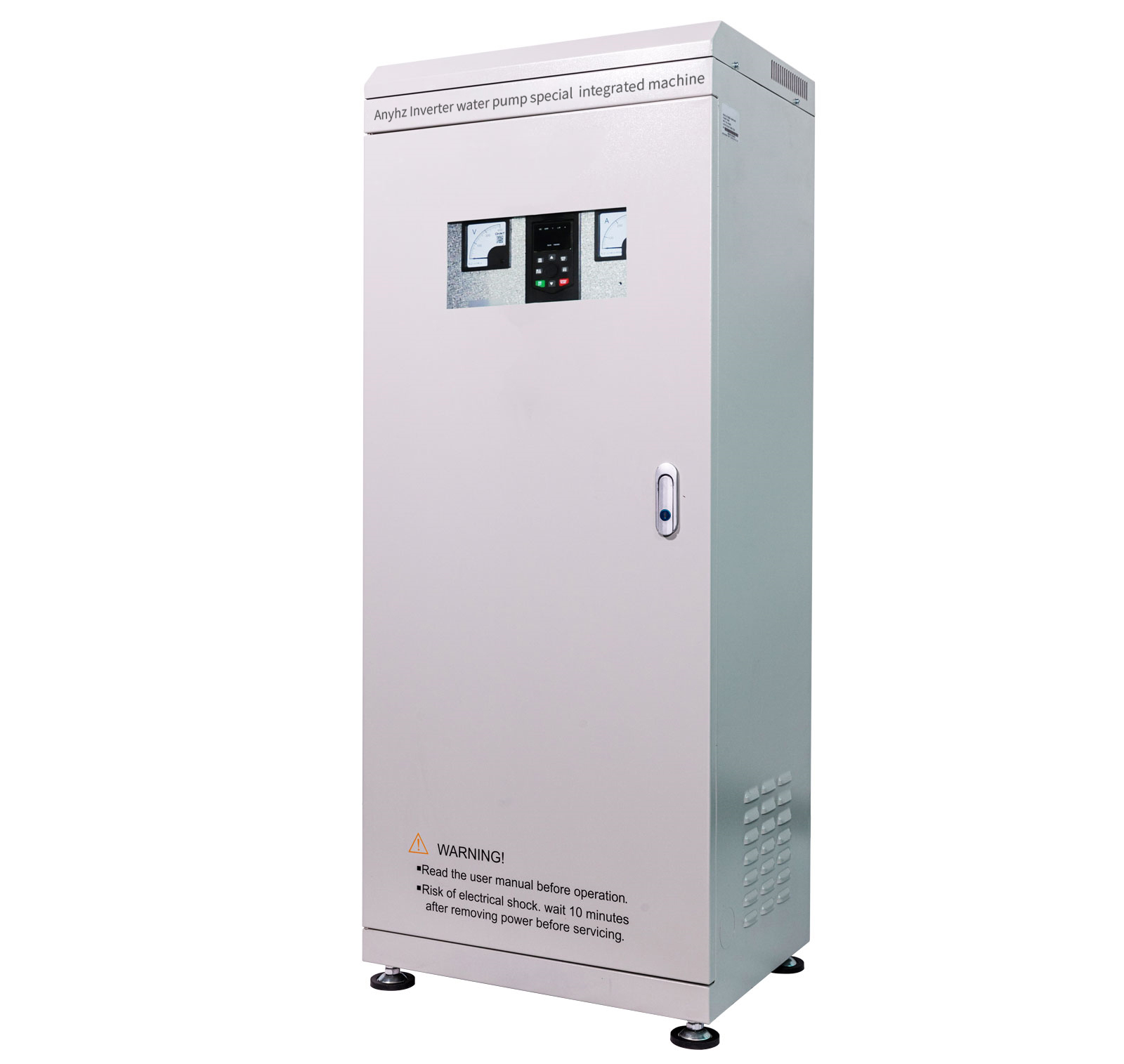
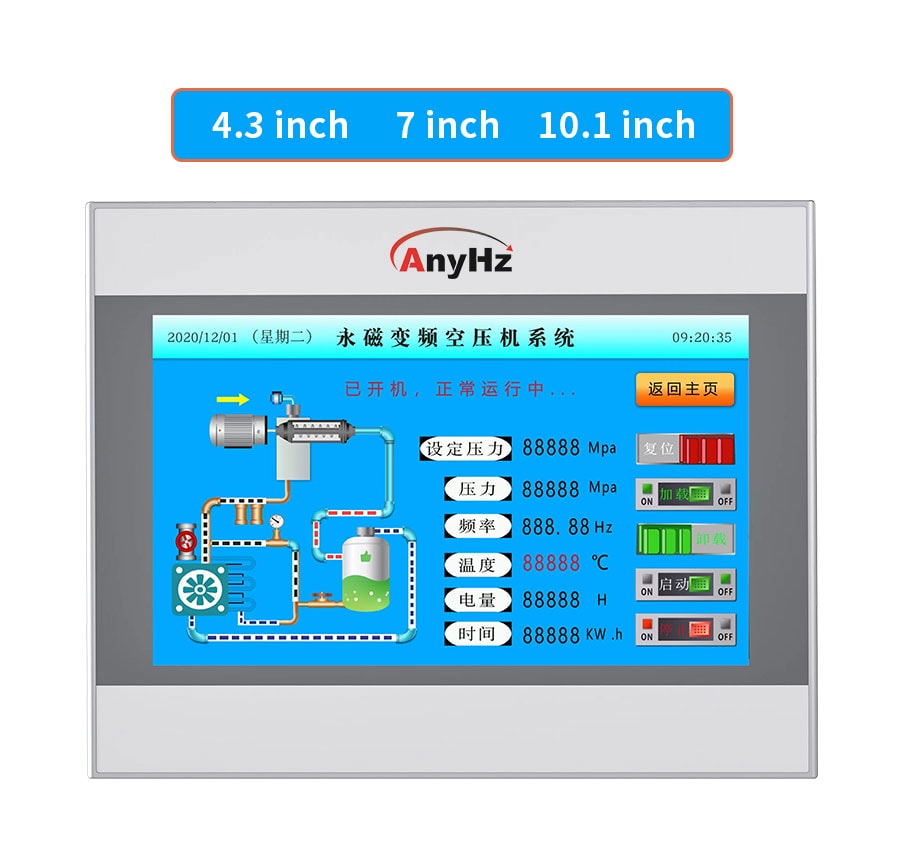
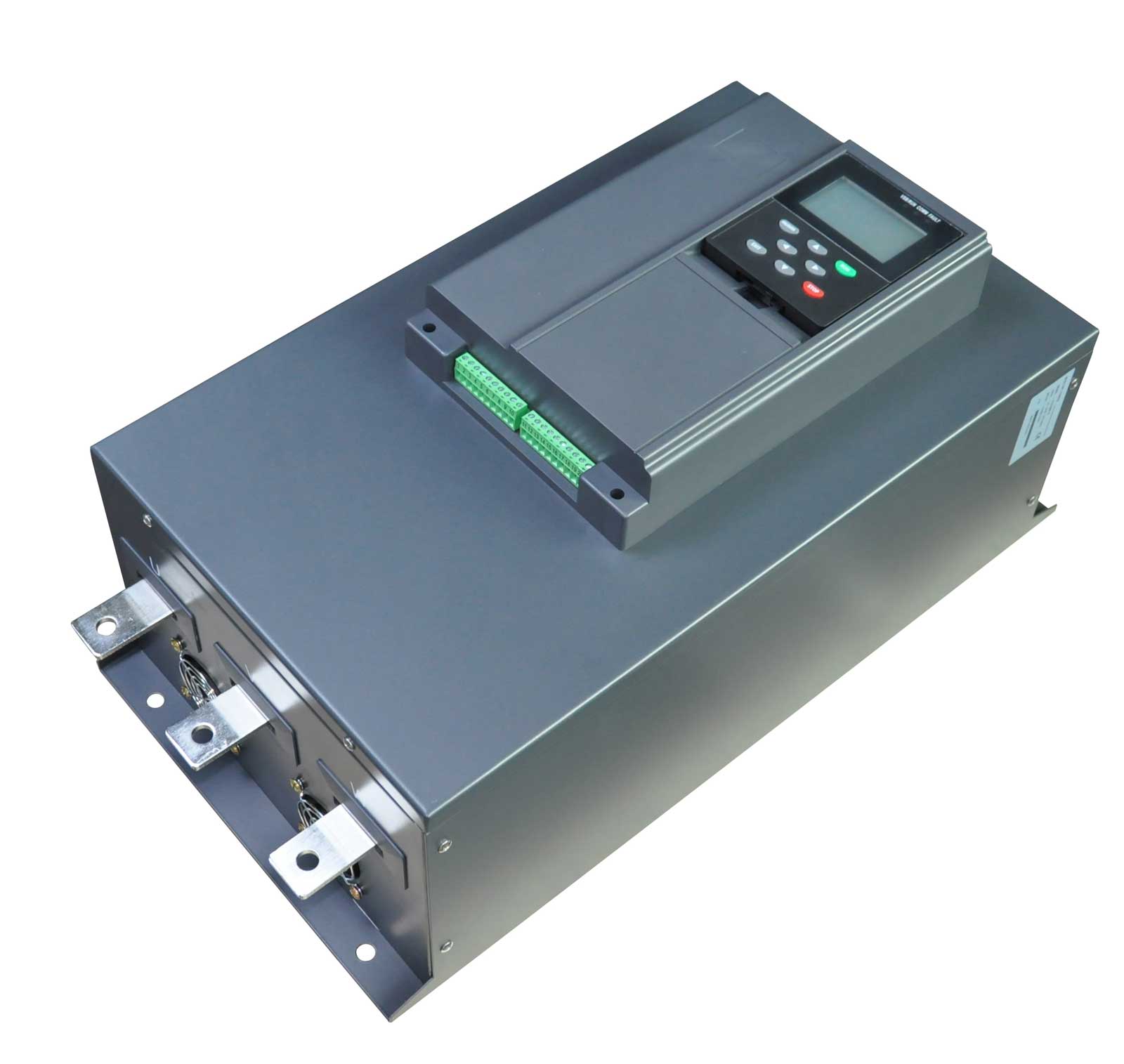
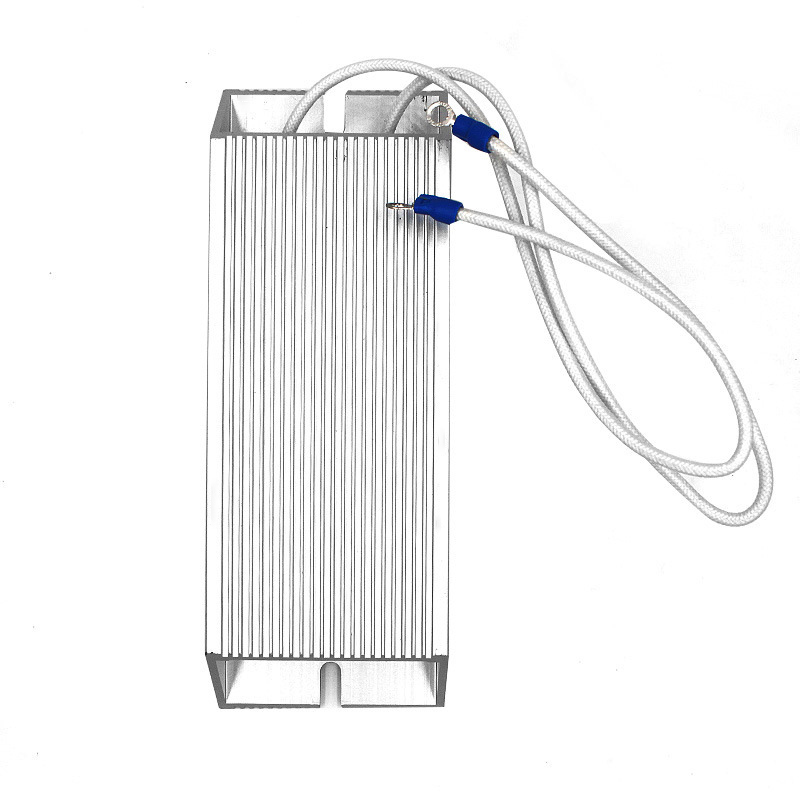
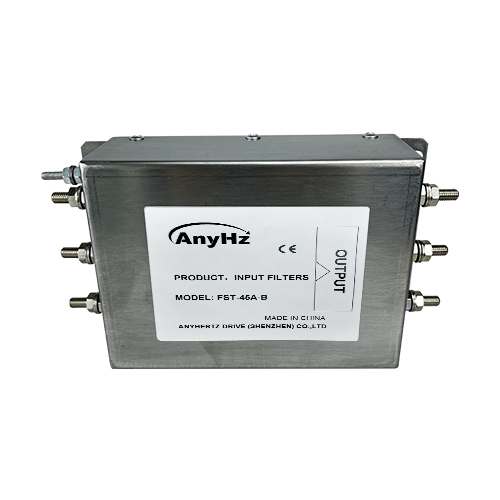





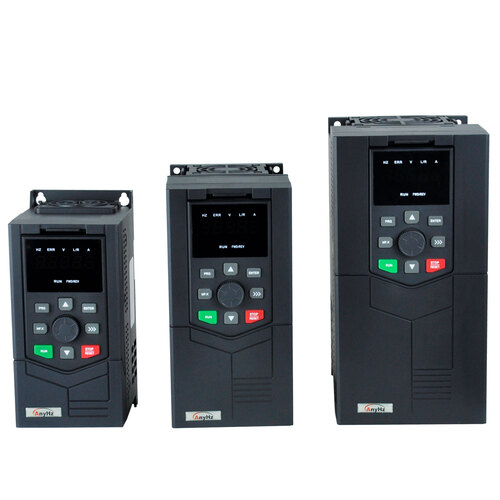
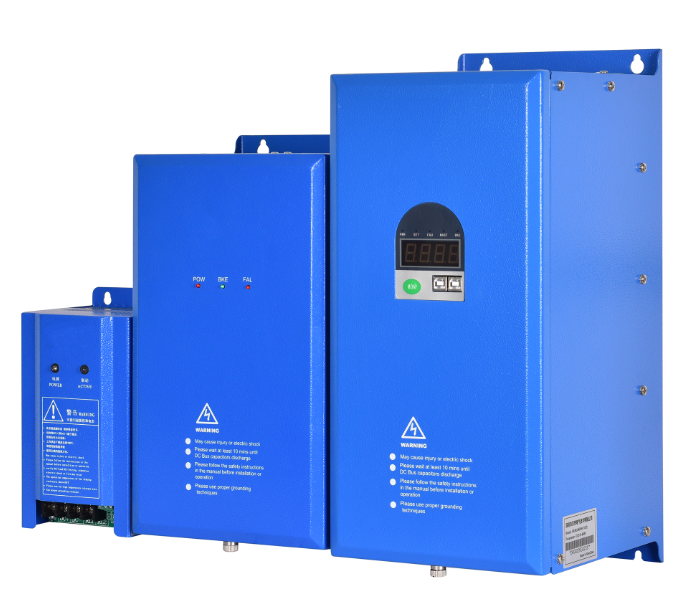



 Contact Us
Contact Us


